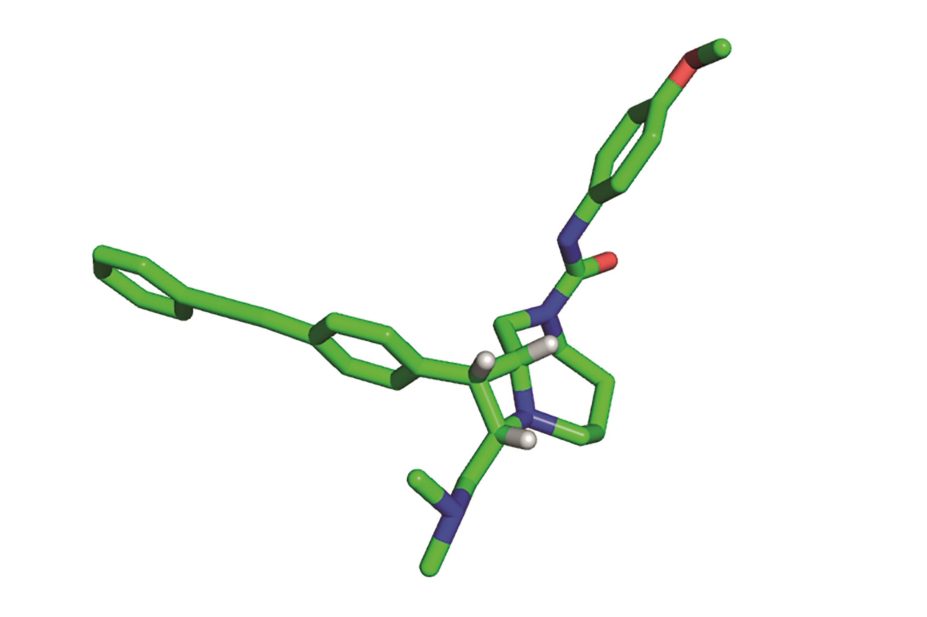
Kato N, Corner E, Sakata-Kato T, et al.
The majority of current antimalarial drugs only target one stage of the parasite life cycle, and are threatened by the emergence of resistance.
To discover new compounds with activity throughout the parasite life cycle, researchers screened 100,000 synthetic compounds with a broad range of 3D features, against a multidrug-resistant strain of the malaria parasite Plasmodium falciparum.
The screen highlighted a family of compounds called the bicyclic azetidines. The researchers showed that two compounds in this family could induce a single-dose cure for malaria in mouse models. And one of the compounds, termed BRD7929, was able to eliminate blood parasites at all stages of the life cycle.
Reporting in Nature (online, 7 September 2016)[1]
, the researchers say the findings show that bicyclic azetidines have the potential to both cure malaria and prevent malaria transmission, and may also be useful for prophylaxis in high-risk populations.

Courtesy of Nobutaka Kato and Eamon Comer
Researchers Nobutaka Kato (left) and Eamon Comer at Harvard were two of the researchers who made the discovery
References
[1] Kato N, Corner E, Sakata-Kato T et al. Diversity-oriented synthesis yields novel mutistage antimalarial inhibitor. Nature 2016. doi: 10.1038/nature19804


